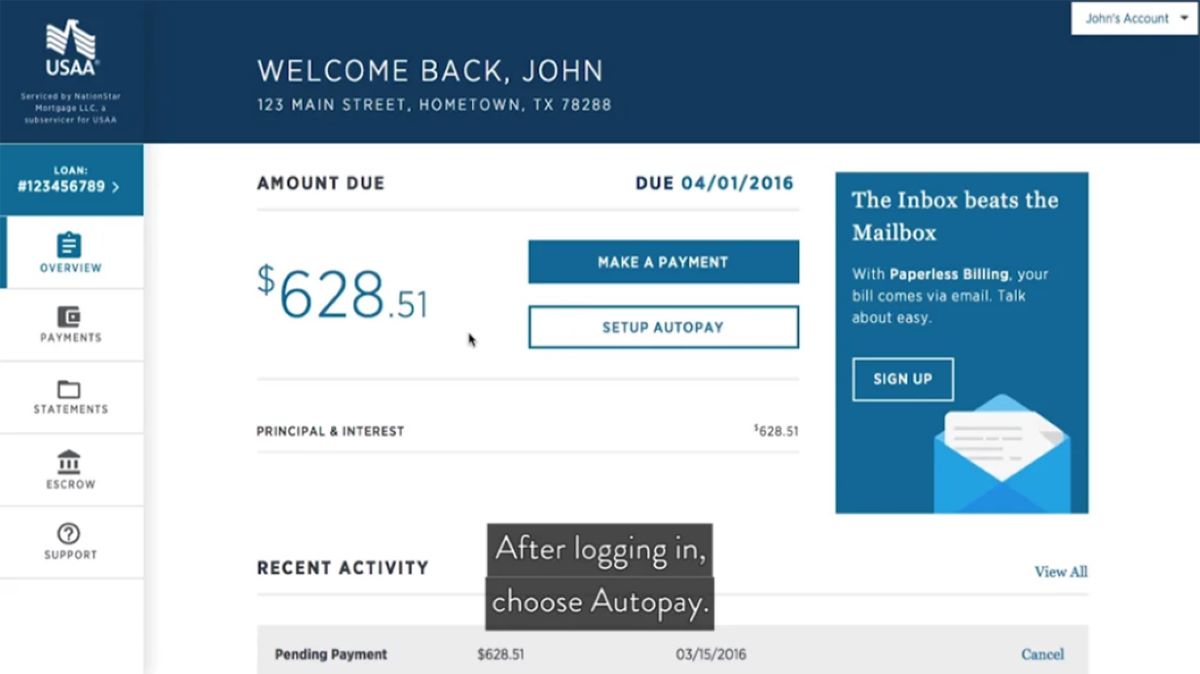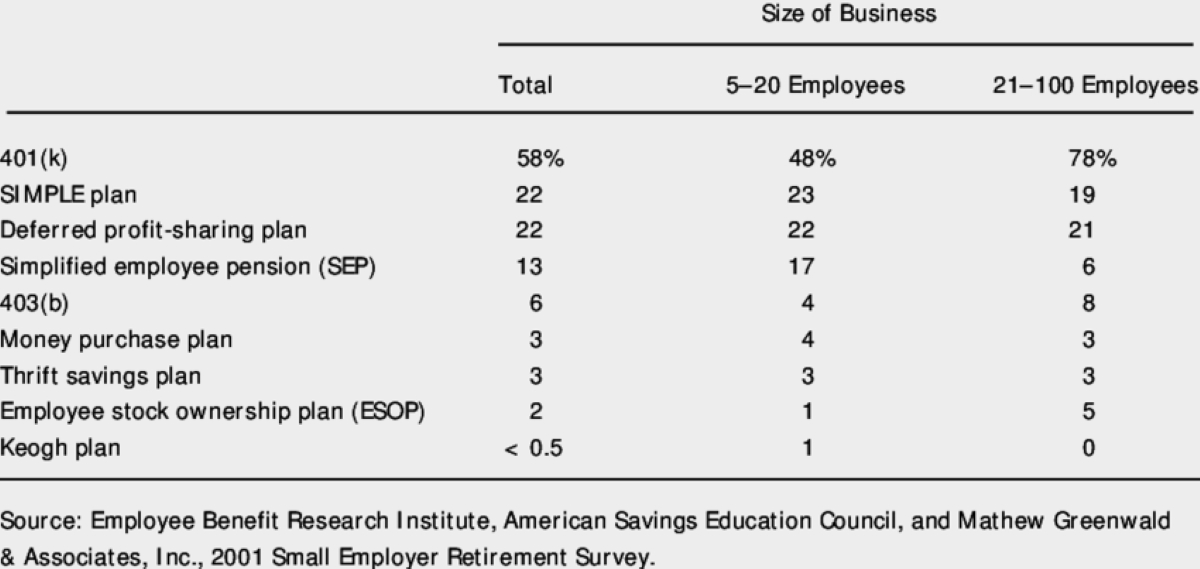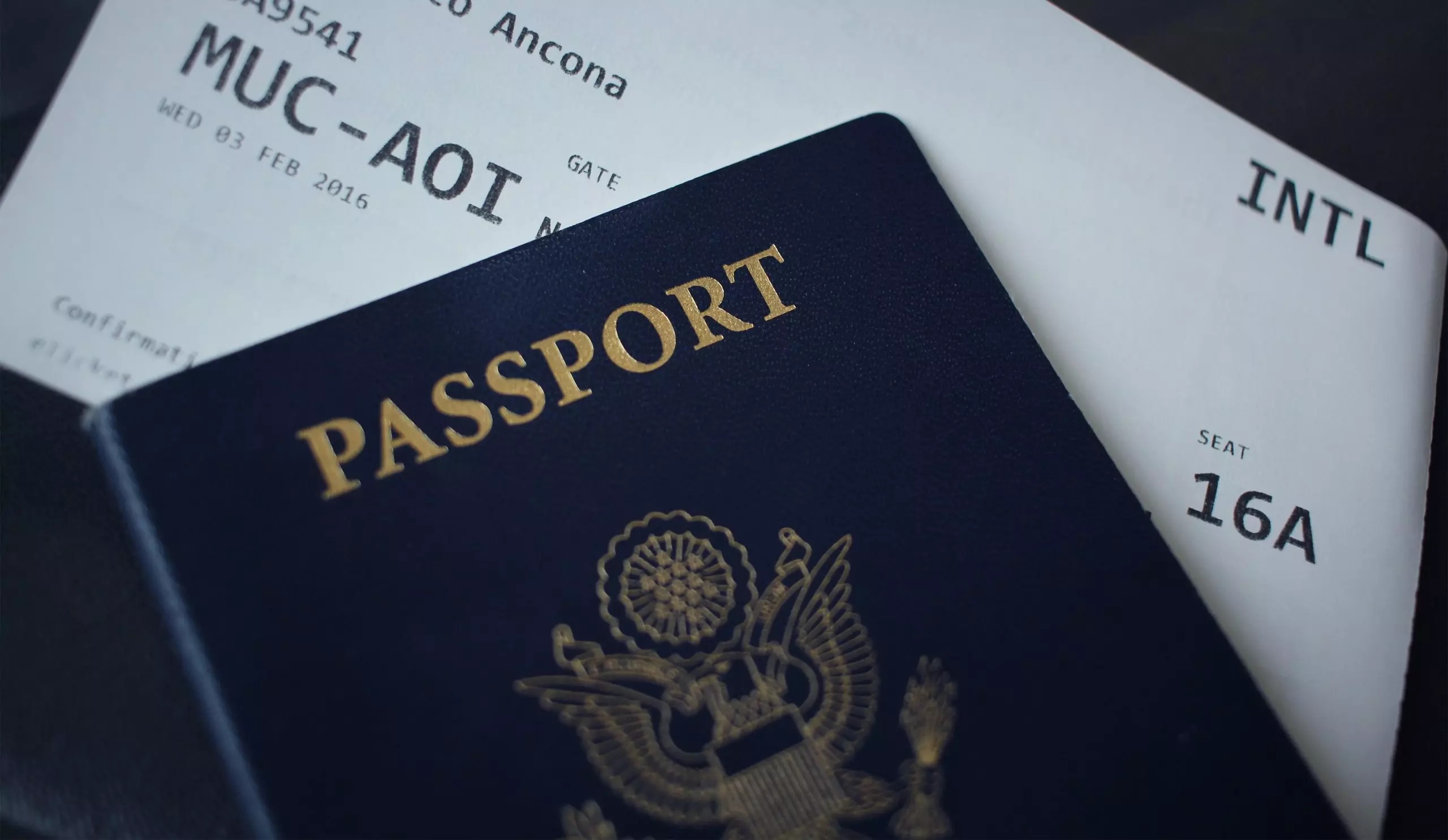

Finance
When Can A Landlord Charge A Late Fee In NJ
Published: February 22, 2024
Learn about the rules for late fees in New Jersey and how landlords can charge them. Understand the financial implications for both tenants and landlords.
(Many of the links in this article redirect to a specific reviewed product. Your purchase of these products through affiliate links helps to generate commission for LiveWell, at no extra cost. Learn more)
Table of Contents
Introduction
Late fees are a common aspect of rental agreements, serving as a financial incentive for tenants to pay their rent on time. In New Jersey, the regulations surrounding late fees are designed to protect tenants from unfair practices while also allowing landlords to enforce timely rent payments. Understanding the legal framework and limitations regarding late fees in New Jersey is crucial for both landlords and tenants to ensure fair and lawful rental agreements.
In this comprehensive guide, we will delve into the specifics of late fees in New Jersey, including the legal requirements for imposing late fees, prohibited practices related to late fees, and exceptions to late fee limitations. By gaining a thorough understanding of these aspects, landlords and tenants can navigate rental agreements with confidence, knowing their rights and obligations within the bounds of New Jersey law.
Late fees can have significant implications for both landlords and tenants, influencing the financial dynamics of rental arrangements and potentially impacting the landlord-tenant relationship. Therefore, it is essential to explore the nuances of late fees in New Jersey to foster transparency and fairness in rental transactions. Whether you are a landlord seeking to enforce late fees or a tenant aiming to comprehend your rights, this guide will provide valuable insights into the intricacies of late fee regulations in the Garden State.
Join us as we unravel the complexities of late fees in New Jersey, shedding light on the legal landscape and practical considerations that shape the dynamics of rental agreements. By the end of this exploration, you will be equipped with the knowledge needed to navigate the terrain of late fees in New Jersey with confidence and clarity.
Understanding Late Fees in New Jersey
Late fees in New Jersey pertain to the additional charges that a tenant may incur for failing to pay rent on time as stipulated in the lease agreement. These fees serve as a form of financial accountability, incentivizing tenants to fulfill their rental payment obligations punctually. It is important for both landlords and tenants to comprehend the regulations governing late fees in New Jersey to ensure fair and lawful implementation within the context of rental agreements.
Landlords typically include provisions regarding late fees in the lease agreement, outlining the specific amount or percentage that will be charged if rent is not paid by the due date. While late fees can act as a deterrent against delayed payments, New Jersey imposes legal constraints to prevent excessive or unjust imposition of such charges. Understanding the permissible scope of late fees in New Jersey is vital for landlords and tenants alike, as it establishes a framework for fair and transparent rental transactions.
Furthermore, late fees are a fundamental aspect of rent collection and are often accompanied by grace periods, which represent the additional time granted to tenants for making their rent payments before late fees are incurred. The specifics of grace periods and the corresponding late fee structures are typically outlined in the lease agreement, providing clarity on the timelines and consequences associated with late rent payments.
By comprehensively understanding the dynamics of late fees in New Jersey, landlords and tenants can navigate rental agreements with clarity and confidence, fostering a balanced and harmonious landlord-tenant relationship. Moreover, this understanding enables both parties to uphold their rights and responsibilities within the parameters of New Jersey law, ensuring that late fees are implemented in a manner that is fair and compliant with legal provisions.
As we delve deeper into the legal requirements and limitations surrounding late fees in New Jersey, it becomes evident that a nuanced understanding of these aspects is essential for fostering transparency and equity in rental transactions. By exploring the intricacies of late fees in New Jersey, we aim to provide landlords and tenants with the knowledge necessary to navigate the complexities of late fee regulations effectively and responsibly.
Legal Requirements for Imposing Late Fees
In New Jersey, the imposition of late fees by landlords is subject to specific legal requirements aimed at ensuring fairness and preventing arbitrary or excessive charges. Landlords must adhere to these legal provisions when incorporating late fee clauses into lease agreements, thereby upholding the rights of tenants while maintaining the integrity of rental transactions.
One crucial legal requirement pertains to the maximum allowable late fee amount that landlords can impose. In New Jersey, there are no statutory limitations on the amount of late fees that landlords can charge. However, the absence of specific statutory constraints does not imply unrestrained discretion for landlords. Instead, late fees must align with the principles of reasonableness and fairness, ensuring that they reflect the actual damages or administrative costs incurred due to late rent payments.
Additionally, landlords in New Jersey must clearly define the late fee policy within the lease agreement, specifying the amount or percentage of the late fee, the grace period provided, and the circumstances under which the late fee will be imposed. This transparency is essential for fostering mutual understanding and preventing ambiguity or disputes regarding late fee assessments.
Moreover, landlords are obligated to provide tenants with written notice of the late fee policy, typically within the lease agreement. By explicitly outlining the late fee provisions and ensuring that tenants are informed of these terms, landlords contribute to the transparency and accountability of the rental arrangement.
Furthermore, it is imperative for landlords to consistently apply the late fee policy to all tenants in a non-discriminatory manner. This requirement underscores the importance of equitable treatment and non-discrimination in the implementation of late fees, reinforcing the principles of fairness and equal treatment within the landlord-tenant relationship.
By adhering to these legal requirements for imposing late fees, landlords in New Jersey can navigate the regulatory landscape with confidence, ensuring that their late fee policies align with legal standards while upholding the rights of tenants. This adherence to legal requirements fosters transparency, equity, and accountability in rental transactions, ultimately contributing to a harmonious and lawful rental environment.
Prohibited Practices Related to Late Fees
While late fees serve as a legitimate means for landlords to encourage timely rent payments, certain practices related to late fees are prohibited in New Jersey to safeguard the rights of tenants and prevent unfair or exploitative treatment. Understanding these prohibited practices is essential for landlords to ensure compliance with New Jersey law and uphold the integrity of rental agreements.
One prohibited practice pertains to the imposition of late fees that are deemed excessive or punitive. In New Jersey, late fees must align with the actual damages or administrative costs incurred due to late rent payments. Landlords are prohibited from imposing late fees that surpass a reasonable reflection of these tangible costs, thereby preventing the imposition of exorbitant or unjustified charges on tenants.
Additionally, landlords are prohibited from implementing retroactive late fees, which entail charging late fees for past due rent that was not subject to late fees at the time of the default. This prohibition ensures that tenants are not unfairly burdened with retroactive charges, preserving the fairness and predictability of late fee assessments.
Furthermore, New Jersey prohibits the imposition of late fees on late fee amounts themselves. This prohibition prevents the compounding of late fees, thereby averting a scenario where tenants face escalating late fee obligations that may become disproportionate to the initial rent arrears.
Moreover, landlords are prohibited from utilizing late fees as a form of retaliation or retribution against tenants exercising their legal rights, such as withholding rent for justified reasons as permitted by law. This prohibition safeguards tenants from retaliatory practices and reinforces the principle that late fees should not be wielded as a punitive tool against tenants asserting their rights within the landlord-tenant relationship.
By understanding and adhering to these prohibitions related to late fees, landlords in New Jersey can ensure that their late fee policies align with legal standards and ethical considerations. This adherence fosters a rental environment characterized by fairness, transparency, and respect for the rights of tenants, ultimately contributing to a harmonious and lawful landlord-tenant relationship.
Exceptions to Late Fee Limitations
While New Jersey imposes legal constraints on the imposition of late fees to protect tenants from unfair practices, certain exceptions exist within the regulatory framework. These exceptions provide landlords with leeway in specific circumstances, allowing for the lawful application of late fees beyond the standard limitations. Understanding these exceptions is crucial for landlords to navigate the nuances of late fee regulations and exercise their rights within the bounds of New Jersey law.
One notable exception pertains to the inclusion of provisions in the lease agreement that outline additional charges or liquidated damages in the event of late rent payments. Landlords can lawfully incorporate such provisions within the lease agreement, provided that these charges are deemed reasonable and proportionate to the actual damages or administrative costs incurred due to late payments.
Furthermore, landlords may have the opportunity to negotiate alternative arrangements with tenants regarding late fees, particularly in cases where unique circumstances or hardships affect the tenant’s ability to make timely rent payments. This flexibility allows landlords to exercise discretion in tailoring late fee provisions to accommodate specific situations, fostering a pragmatic and compassionate approach to late fee enforcement.
Moreover, exceptions to late fee limitations may arise in the context of subsidized housing or government-regulated rental programs, where specific guidelines or provisions may deviate from the standard limitations on late fees. Landlords participating in such programs must navigate the relevant regulatory frameworks and adhere to the prescribed guidelines while considering late fee assessments within the parameters of the program’s requirements.
Additionally, the existence of explicit contractual agreements between landlords and tenants may introduce exceptions to standard late fee limitations. If both parties mutually agree to specific late fee provisions that deviate from the standard limitations, these contractual agreements hold legal validity and can lawfully override the general constraints on late fees.
By recognizing these exceptions to late fee limitations, landlords can approach late fee enforcement with a nuanced understanding of the circumstances that warrant flexibility within the regulatory framework. This awareness empowers landlords to navigate late fee regulations effectively while accommodating unique situations and maintaining the integrity of rental agreements within the bounds of New Jersey law.
Conclusion
As we conclude our exploration of late fees in New Jersey, it becomes evident that a comprehensive understanding of the legal requirements, prohibited practices, and exceptions surrounding late fees is essential for landlords and tenants alike. The regulatory framework governing late fees in New Jersey is designed to balance the rights and obligations of both parties, fostering fair and transparent rental transactions while preventing unfair or punitive practices.
For landlords, adherence to the legal requirements for imposing late fees is paramount, ensuring that late fee policies align with the principles of reasonableness and fairness. By transparently defining late fee provisions within lease agreements, providing written notice to tenants, and consistently applying late fee policies in a non-discriminatory manner, landlords can navigate the regulatory landscape with confidence and integrity.
Simultaneously, tenants benefit from the protections afforded by the prohibitions related to late fees, safeguarding them from excessive charges, retroactive fees, and retaliatory practices. Understanding these prohibitions empowers tenants to assert their rights within the landlord-tenant relationship, confident in the knowledge that late fee assessments are subject to legal constraints that prioritize fairness and equity.
Furthermore, the recognition of exceptions to late fee limitations allows for flexibility within the regulatory framework, accommodating unique circumstances and fostering pragmatic solutions to late fee enforcement. This recognition empowers landlords to navigate late fee regulations effectively while maintaining the integrity of rental agreements within the bounds of New Jersey law.
By fostering a nuanced understanding of late fee regulations and ethical considerations, landlords and tenants can cultivate a rental environment characterized by transparency, fairness, and mutual respect. This understanding contributes to the cultivation of a harmonious and lawful landlord-tenant relationship, where late fees are implemented in a manner that reflects the spirit of the law and upholds the rights of both parties.
In essence, our exploration of late fees in New Jersey underscores the significance of legal literacy and ethical awareness in shaping rental dynamics. By embracing these principles, landlords and tenants can engage in rental transactions with confidence, knowing that their rights and obligations are upheld within the framework of New Jersey’s regulatory landscape.














